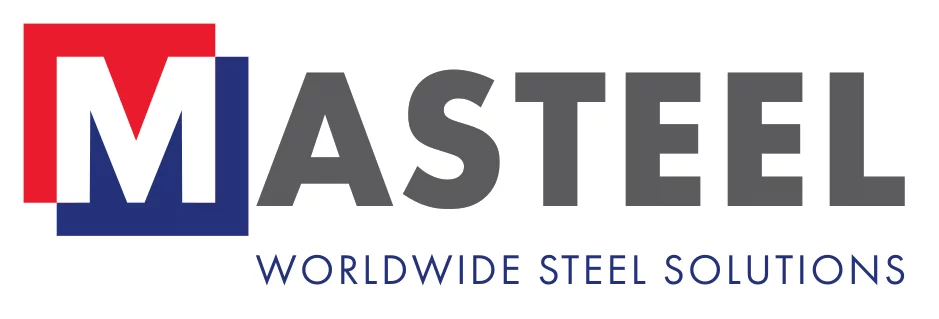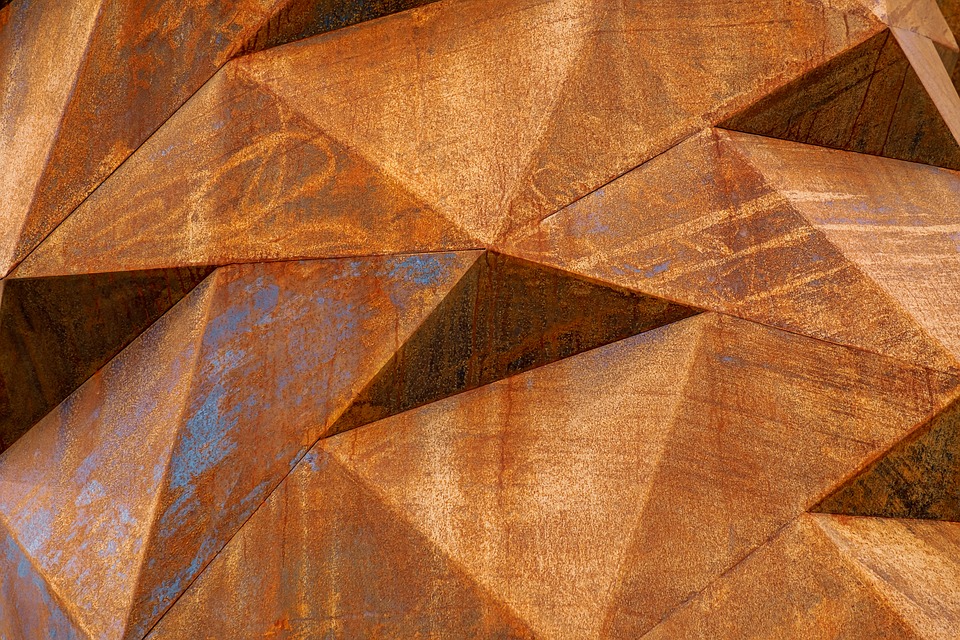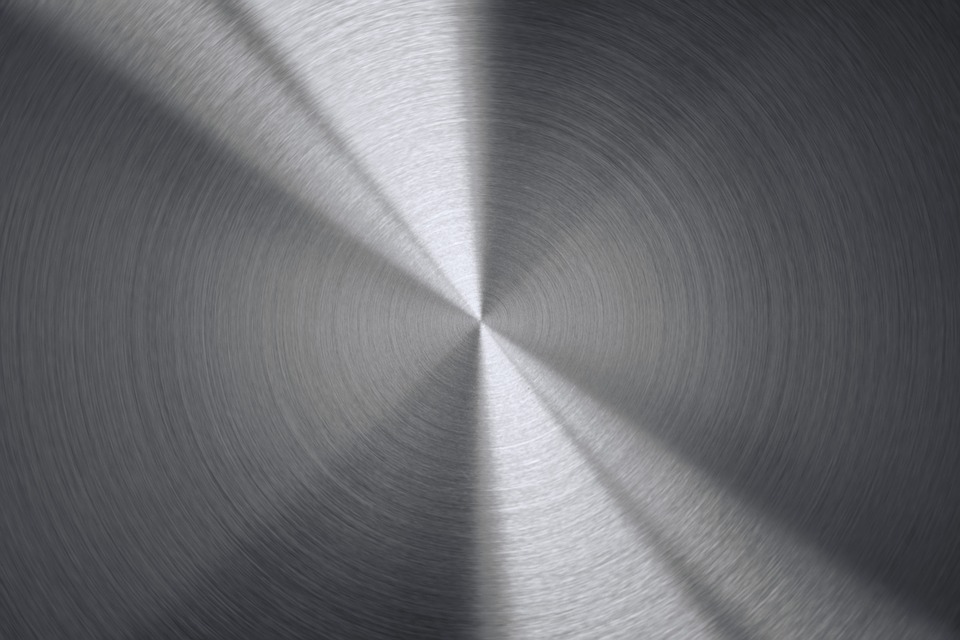Corrosion is the process of material deterioration due to chemical or electrochemical reactions at the interface between a base material and the environment. Simply put: exposed surfaces may interact with air, moisture, saltwater, etc. to form chemical by-products which degrade the material’s critical properties. Yet these reactions can be exploited in the pursuit of a suitable corrosion-resistant steel.
There are two primary routes available when it comes to designing with corrosion-resistant steels:
- Weathering steel alloys like Corten A/B
- Stainless steel grades
In this blog post, Masteel aims to explore both types of corrosion-resistant steel in depth.
Basic Principles of Corrosion Resistant Steels
The underlying challenge of corrosion engineering is the sheer variety of potential corrosive situations that can occur in the real world: atmospheric, crevice, galvanic, humid and splash zone, pitting, stress cracking, temperature-related, and more. As a result, steel engineers must consider application-specific chemistry kinetics, thermodynamics, and electrochemical behaviour when prescribing corrosion-resistant steels.
Despite the choice available to the modern engineer, corrosion-resistant steels all rely to some degree on the process of passivation. This refers to the formation of an inert layer on the material’s surface, reducing its susceptibility to environmental corrosion. This is applied as part of the finishing process in stainless steels, while weathering steels autonomously generate this inert layer over time.
Outlining Corten A/B
Corten is the generic trademark used synonymously with weathering steels, which have a distinctive rust-like orange appearance. They were developed for hard-wearing industrial applications to eliminate the need for costly finishing and refinishing. Primary alloying elements in the steel (copper, chromium, and nickel) actively cause atmospheric corrosion at the surface to generate a hard, corrosion-resistant patina. This protective layer actively and continuously regenerates when Corten steel is subjected to weathering influences, including airborne pollutants, humidity, and rain.
- Benefits of Corten Steel: An outstanding intersection of corrosion resistance and tensile strength makes Corten steel one of the hardest wearing corrosion-resistant steel grades available, while its distinctive finish has become a popular aesthetic for outdoor architectural projects.
- Drawbacks of Corten Steel: It can be difficult to determine the weathering rate of Corten steels, as pollutants that catalyse patina formation are present at reduced concentrations in rural environments. They are also unsuited for applications where corrosion-resistant steels are used to prevent the ingress of more aggressive chemicals, or where hygiene is an important parameter.
- Applications of Corten Steel: Initially used for hard-wearing hoppers and heavy load transportation, Corten steel is now widely used for stylistic reasons in urban architecture and outdoor art projects.
Learn More: Corten Steel Structures Around the World
Outlining Stainless Steels
Stainless steel is easily the most notable family of corrosion-resistant steels available, due to its extreme versatility. The primary chemical component of interest in stainless alloys is chromium which is typically present at >10%, and a reduced carbon composition. Chromium at the surface of stainless steel plates undergoes passivation to form an inert patina that is invisible to the naked eye. This provides inherent resistance to a broad range of corrosive conditions, including acidic and galvanic corrosion.
- Benefits of Stainless Steel: Stainless grades provide a reliable measure of protection from a wide range of corrosives, with a broad choice of grades available for distinct applications. The thin protective film is self-repairing, reducing the risk of corrosive effects propagating into the bulk material following localised surface damage. This surface also will not flake away over time.
- Drawbacks of Stainless Steel: Stainless steel is not as hard-wearing as Corten steel grades, although abrasion-resistant stainless alloys are available for custom applications. Its finish is not as distinctive as weathering steel either, although this is largely a subjective disadvantage.
- Applications of Stainless Steel: The applications of stainless steel are practically limitless. They have been utilised in every market from heavy-industry and construction to food hygiene and medical devices. Grade distinctions mean that stainless steels should be prescribed on a holistic basis.
Learn More: What Are the 4 Stainless Steel Families?
Corrosion-Resistant Steels from Masteel
Masteel is a world-leading corrosion-resistant steel supplier, with a global reach stemming from our secure chain of high-quality steel mills across Europe. We offer both Corten A and B, alongside a catalogue of stainless steel grades for various industries. If you would like to learn more, simply contact a member of the Masteel team today.


